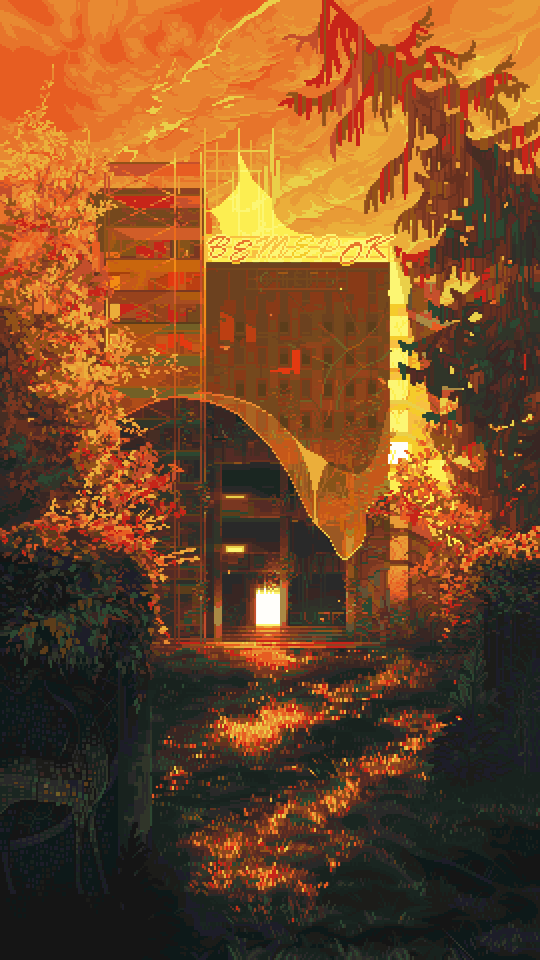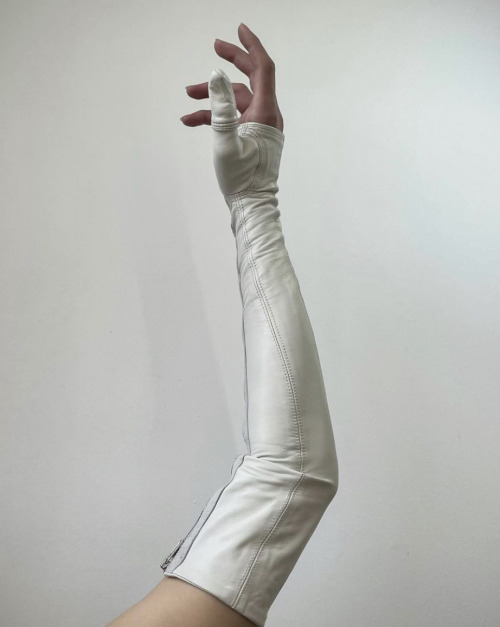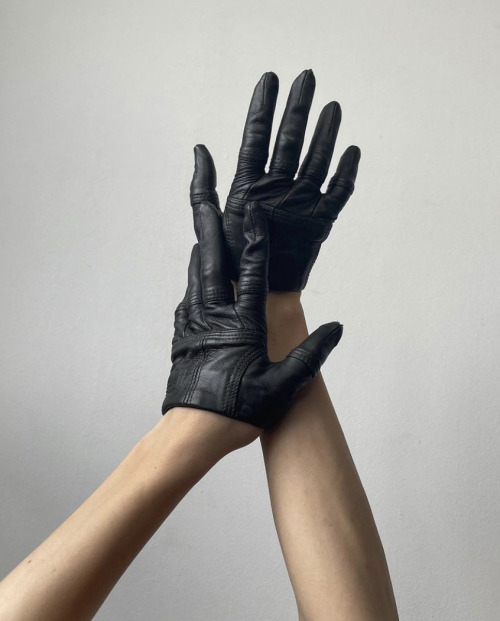Onlycarrion - Only The

More Posts from Onlycarrion and Others

🍂

Yvette Chau by Tung for Elle Men Hong Kong October 2023

Via Don Francesco Campi, Crevacuore, Piedmont.


stalled


back tattoo by tattedbysyd



Nüshu 女书 was a women-only script used by Yao women in Jiangyong, Hunan province, China.
Nüshu works were a way for women to lament by communicating sorrows, commiserating over patriarchy, and establishing connections with an empathetic community. Typically a group of non-related women would pledge friendship by writing letters and singing songs in Nüshu to each other.
The exact origins of Nüshu and when it came into being remain uncertain, as no written records document the genesis of this script. Yang Huanyi, an inhabitant of Jiangyong and the last person proficient in this writing system, died on 20 September 2004, at the age of 98.
To restate it–my general theory of history (ok, it’s more like my general hunch of history)–is that all apparent social progress is made as our civilization gets better at processing its trauma, bc cycles of violence/trauma/childrearing (and the normalization of these things) largely explain why the past so often seems so inhumanly violent to us–public executions, chattel slavery, massacres, etc, etc.
And there are people in this day and age who nonetheless glorify those days–the thing that got me reading acoup’s series on Sparta was his series on the Fremen Mirage, the illusion (delusion?) so often received in pop-history and in books like Starship Troopers that there’s this distinction between ““““decadent”““ non-militarized, peaceful societies and “morally pure” societies (militarily strong societies, i.e., societies that have value bc they are good at generating and exporting violence)
And–and I’m just spitballing here, I have very little evidence to back this up–I suspect that if you scratch contemporary subcultures where that kind of idolization of a militarized past occurs, where the atrocities–not even the atrocities in service of some cause, just the senseless, pointless, stupid violence–of societies like Rome and Sparta get brushed under the rug, you will find subcultures where people are much more traumatized than elsewhere by abusive, authoritarian, and outright violent upbringings, where the correlation of “authority figure” and “source of shame and pain” is much, much tighter.
Because if you are raised in, or still live in, a shitty, abusive environment, there are two ways you can deal with this: either you can say, this is awful, this is monstrous, no one should have to live like this (and if you do, so much the worse if the whole world is like that, or if it feels like the whole world is like that, because it is painful indeed to look at the world and think ‘oh my, it is full of pain and injustice and there is nothing I can do about it’), or “well, there’s a reason for all this misery.” The reason is ‘because it makes us stronger.’ Or the reason is ‘because it makes us more morally pure.’ Or the reason is ‘because God (or Lycurgus, or Odin, or the Emperor) commanded it.’ Sometimes–at least for some people–the worst possible outcome is that your suffering would have no meaning. It’s not just “well, I had to endure this, so why shouldn’t they?” Or rather, it is, but the core of that sentiment is, “how come I had to suffer?” and the desperate hope that, well, as long as other people are suffering, too, your suffering must have some kind of meaning. That’s Just The Way The World Is, After All. What’s the other possibility? You got fucked over, for no reason?
Sometimes when I’m reading about history, especially in its grimmer parts, I have this momentary feeling–not much more than a fleeting mental image, really. It’s an image of every human being since the dawn of time, as the tiny child we all once were at some stage, groping desperately in the dark for a way to understand the world we were dumped into. But we’re all, in one way or another, still one of those tiny children, with all that entails: a deep deficiency of understanding, a certain inescapable impatience and hotheadedness, cooperative creatures which nonetheless have a terrible fear of pain. In such a world, it feels like the only reasonable response is to try to cultivate a neverending source of compassion within oneself, to try to be as patient as possible with others, who are often just as alone and afraid as we are. After all, it’s what I hope they would do for me.
-
 bonnievoyage reblogged this · 2 months ago
bonnievoyage reblogged this · 2 months ago -
 elga-rage reblogged this · 2 months ago
elga-rage reblogged this · 2 months ago -
 penguinzombie reblogged this · 2 months ago
penguinzombie reblogged this · 2 months ago -
 penguinzombie liked this · 2 months ago
penguinzombie liked this · 2 months ago -
 cryingonthefreeway liked this · 2 months ago
cryingonthefreeway liked this · 2 months ago -
 nagasarennayoex reblogged this · 2 months ago
nagasarennayoex reblogged this · 2 months ago -
 nagasarennayoex liked this · 3 months ago
nagasarennayoex liked this · 3 months ago -
 luthientinuvielss liked this · 3 months ago
luthientinuvielss liked this · 3 months ago -
 oktokuiten liked this · 3 months ago
oktokuiten liked this · 3 months ago -
 lavenderpluviophile liked this · 3 months ago
lavenderpluviophile liked this · 3 months ago -
 pinuppuppy reblogged this · 3 months ago
pinuppuppy reblogged this · 3 months ago -
 h34rt-mask reblogged this · 3 months ago
h34rt-mask reblogged this · 3 months ago -
 bestgore reblogged this · 3 months ago
bestgore reblogged this · 3 months ago -
 fleshmess reblogged this · 3 months ago
fleshmess reblogged this · 3 months ago -
 pineapplemachine reblogged this · 3 months ago
pineapplemachine reblogged this · 3 months ago -
 elegantgothicoctopi liked this · 3 months ago
elegantgothicoctopi liked this · 3 months ago -
 ditzycrow reblogged this · 3 months ago
ditzycrow reblogged this · 3 months ago -
 red-skady reblogged this · 3 months ago
red-skady reblogged this · 3 months ago -
 kyaflyn liked this · 3 months ago
kyaflyn liked this · 3 months ago -
 97642 reblogged this · 4 months ago
97642 reblogged this · 4 months ago -
 yomismoahora liked this · 4 months ago
yomismoahora liked this · 4 months ago -
 grimm-magpie reblogged this · 4 months ago
grimm-magpie reblogged this · 4 months ago -
 red-skady liked this · 5 months ago
red-skady liked this · 5 months ago -
 skeletonvintage reblogged this · 5 months ago
skeletonvintage reblogged this · 5 months ago -
 batsandnerds reblogged this · 5 months ago
batsandnerds reblogged this · 5 months ago -
 batsandnerds liked this · 5 months ago
batsandnerds liked this · 5 months ago -
 loveherloudly reblogged this · 5 months ago
loveherloudly reblogged this · 5 months ago -
 adrianaaldridge liked this · 5 months ago
adrianaaldridge liked this · 5 months ago -
 grahj164 liked this · 5 months ago
grahj164 liked this · 5 months ago -
 abysmaljewelry liked this · 5 months ago
abysmaljewelry liked this · 5 months ago -
 inyadreams liked this · 5 months ago
inyadreams liked this · 5 months ago -
 awesomedpstuff liked this · 5 months ago
awesomedpstuff liked this · 5 months ago -
 unknowncriteria reblogged this · 5 months ago
unknowncriteria reblogged this · 5 months ago -
 bigdaddydan1010 liked this · 5 months ago
bigdaddydan1010 liked this · 5 months ago -
 gyno-supremacy liked this · 5 months ago
gyno-supremacy liked this · 5 months ago -
 arcanymous liked this · 5 months ago
arcanymous liked this · 5 months ago -
 massivepainterwagontaco liked this · 5 months ago
massivepainterwagontaco liked this · 5 months ago -
 freeze-66 liked this · 5 months ago
freeze-66 liked this · 5 months ago -
 drafi555 reblogged this · 5 months ago
drafi555 reblogged this · 5 months ago -
 drafi555 liked this · 5 months ago
drafi555 liked this · 5 months ago -
 going-with-the-flo-again liked this · 5 months ago
going-with-the-flo-again liked this · 5 months ago -
 gopunishment liked this · 5 months ago
gopunishment liked this · 5 months ago -
 oxonchap liked this · 5 months ago
oxonchap liked this · 5 months ago -
 sumisexsm liked this · 5 months ago
sumisexsm liked this · 5 months ago -
 maffoosblog liked this · 5 months ago
maffoosblog liked this · 5 months ago -
 sabrinatv71 liked this · 5 months ago
sabrinatv71 liked this · 5 months ago -
 piercingboy72 liked this · 5 months ago
piercingboy72 liked this · 5 months ago




